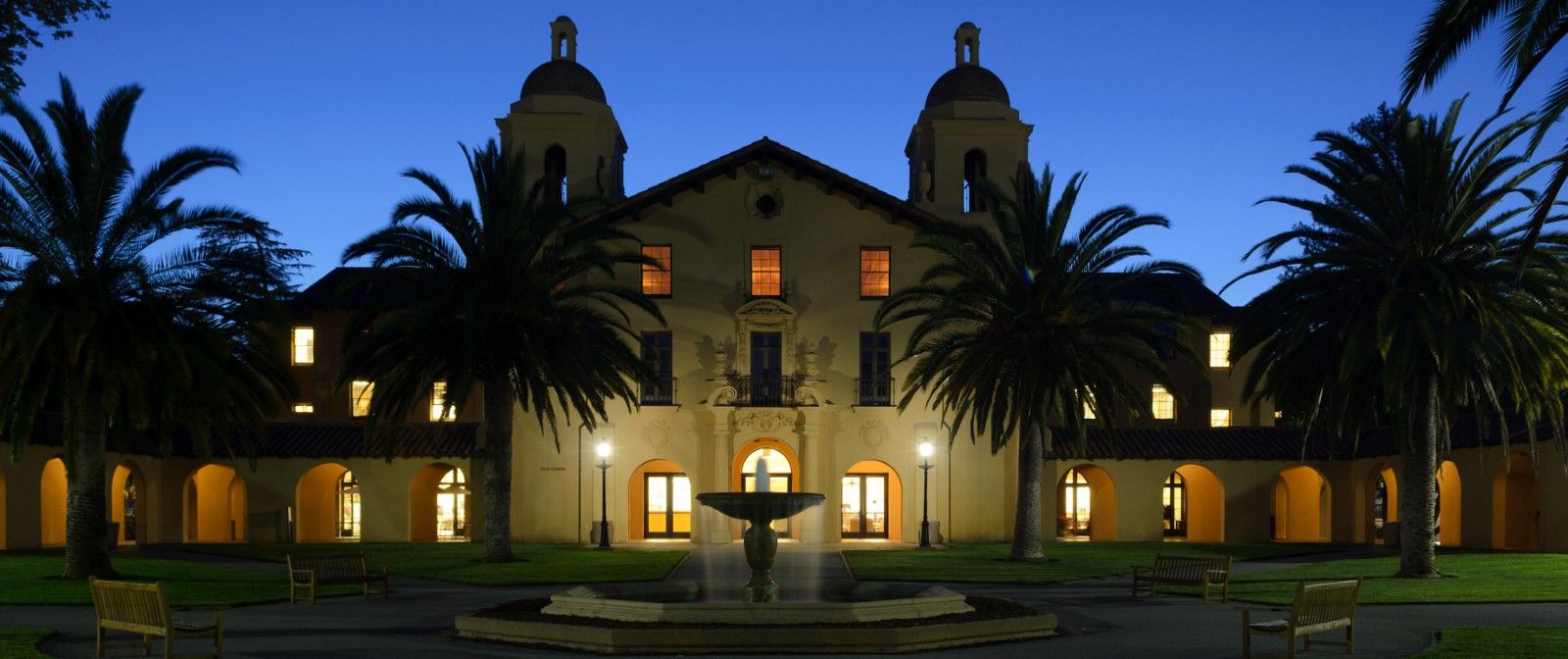“Appalling. Undemocratic. A terrible example for the rest of the world.”
The Trump administration’s denigration and exclusion of news outlets that “report facts they don’t like” has attracted sustained and justified outrage. Without a free press with access to full information and the liberty to cover the facts, politicians cannot be held accountable to the people they are meant to serve.
We all understand that freedom of the press is vital to America’s democracy. And the same applies to our own campus and its student government.
It is safe to say that the average Stanford student does not take the initiative to monitor the Senate’s actions. It took a reporter sitting in a Senate meeting to spot and reveal a student Senator running for re-election telling others that he thought it was not anti-Semitic to say Jews control finance and government. It took another to bring to public attention to their poorly planned attempts to rush through the erasure of a name from campus buildings and roads in under a week.
The free press is Stanford’s last line of defense against abuses of power. That is why the Senate’s decision on March 7 not to put the “Student Media Independence and Financial Security Act” on this year’s ballot is incredibly dangerous.
The bill in question would have allowed students to vote on creating an independent student commission that handled funding for campus news organizations which covered the ASSU Senate — whose oftentimes critical or politically contentious commentary might create conflicts of interest and invite financial retaliation.
Its author, the Assistant General Manager at KZSU Caleb Smith, even worked with ASSU Senators to resolve their initial objections. They claimed that students might be able to vote on funding their own organizations, so he helped build in a recusal process. They were worried about overfunding newspapers, so an overall cap was placed on the amount that could be spent.
The bill’s sole purpose would be to protect news outlets that keep the Senate in check. The ASSU voted to not even allow the public to consider it.
The Stanford Review, although a registered Voluntary Student Organization, does not take money from the university. We remain independent for a simple reason: our sometimes-critical coverage of the ASSU should not be impacted by a fear of losing funding.
It is thus deeply concerning that some of Stanford’s most respected publications like KZSU, The Stanford Daily, and the Stanford Political Journal receive direct funding from the ASSU. However, given that there is no other realistic way to fund these groups, due both to their scale and university affiliation, Senators are ethically obligated to relinquish their financial control. Otherwise, many student publications might hesitate to critically cover Senate business for fear of institutional or fiscal retaliation.
No one believes that the 18th undergraduate senate is wildly corrupt. But as we have all seen in the past year, it often happens that those who hold elected office are not people we trust. The provisions of this bill work to defend the press against an uncertain future. Checks and balances are preventive measures, not remedial ones.
Senators have claimed that no reasonable Stanford publication would be afraid of losing funding for criticizing them. But the last two years of Stanford political scandals — from two separate incidents of anti-Semitism, to a ridiculously expensive attempt to make Stanford all-Fairtrade — have been disproportionately covered by independent newspapers. Given that history, it is entirely reasonable to believe that Stanford funded news organizations might shy away from controversial content for fear of financial retaliation.
ASSU Senators in opposition to the bill then argued that independent outlets — The Stanford Review, The Fountain Hopper and others — were sufficient for critical reporting on Senate corruption. They essentially argued that Stanford funded organizations like the Daily shouldn’t report on ASSU scandals.
But democracy cannot survive with an only partially free press. Our campus is enriched by a diversity of opinions and perspectives reflected by an equally diverse set of publications. If a significant portion of those were to suffer from censorship, the student body would be limited in the news outlets they can turn to. And just like an eligible voter in the United States, a Stanford student should not rely on only a small subset of sources in order to be informed and educated about current events.
Whether you agree or disagree with the bill, none of the counter-arguments raised by the Senate warranted dismissing it from public consideration.
Of course, reasonable people can disagree on difficult matters. There are potential pitfalls to independent media funding, just as there are advantages. But the Senate should not get to make that judgement call for us. The student body deserves the chance to decide if an independent funding body is necessary to prevent censorship of our media.
I welcome the Senators to defend their ruling and respond to this article, as their recent decision to bar this measure from the ballot has otherwise forestalled any debate on the matter.
Smith later remarked to the Review, “This decision is deeply disappointing. The Senate refused to allow a bill that would limit their power to be decided by the student body.”
He then added, “We hope the senate reconsiders its decision. We are considering a petition to hold a special election on this matter if we are unable to reach a sufficient compromise”
Should that happen, I would urge Stanford to make a strong show of support.


